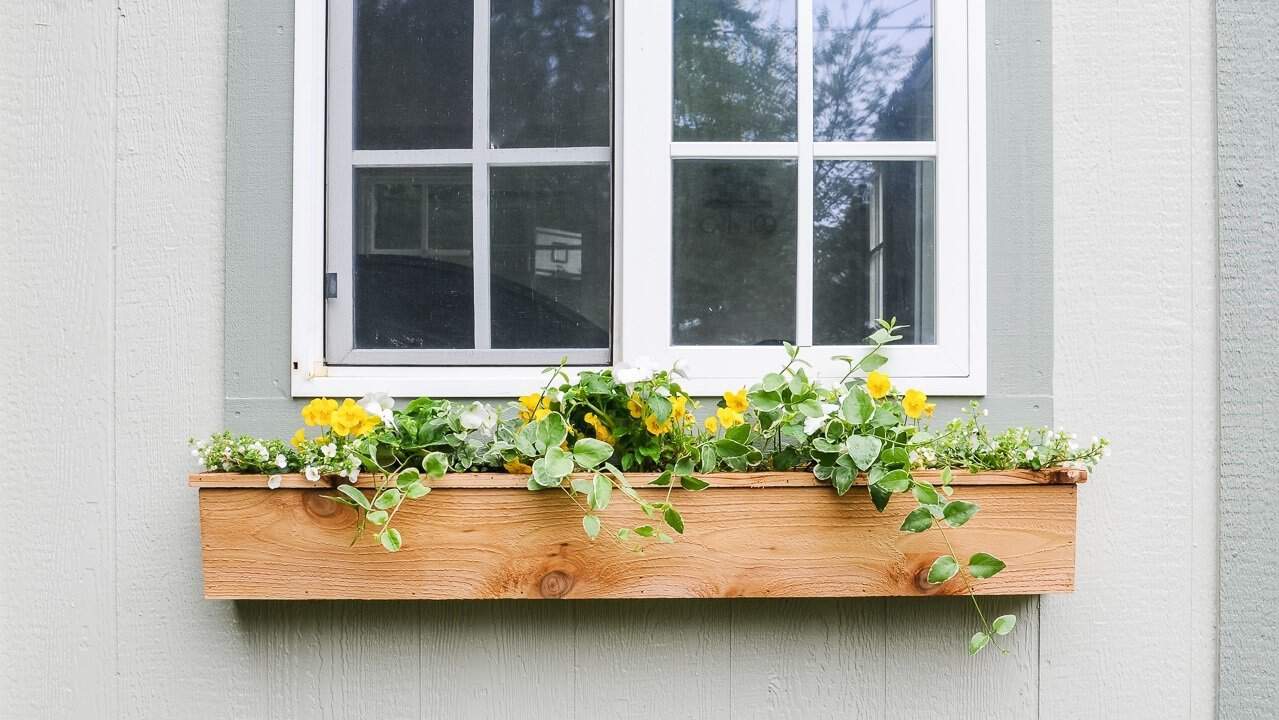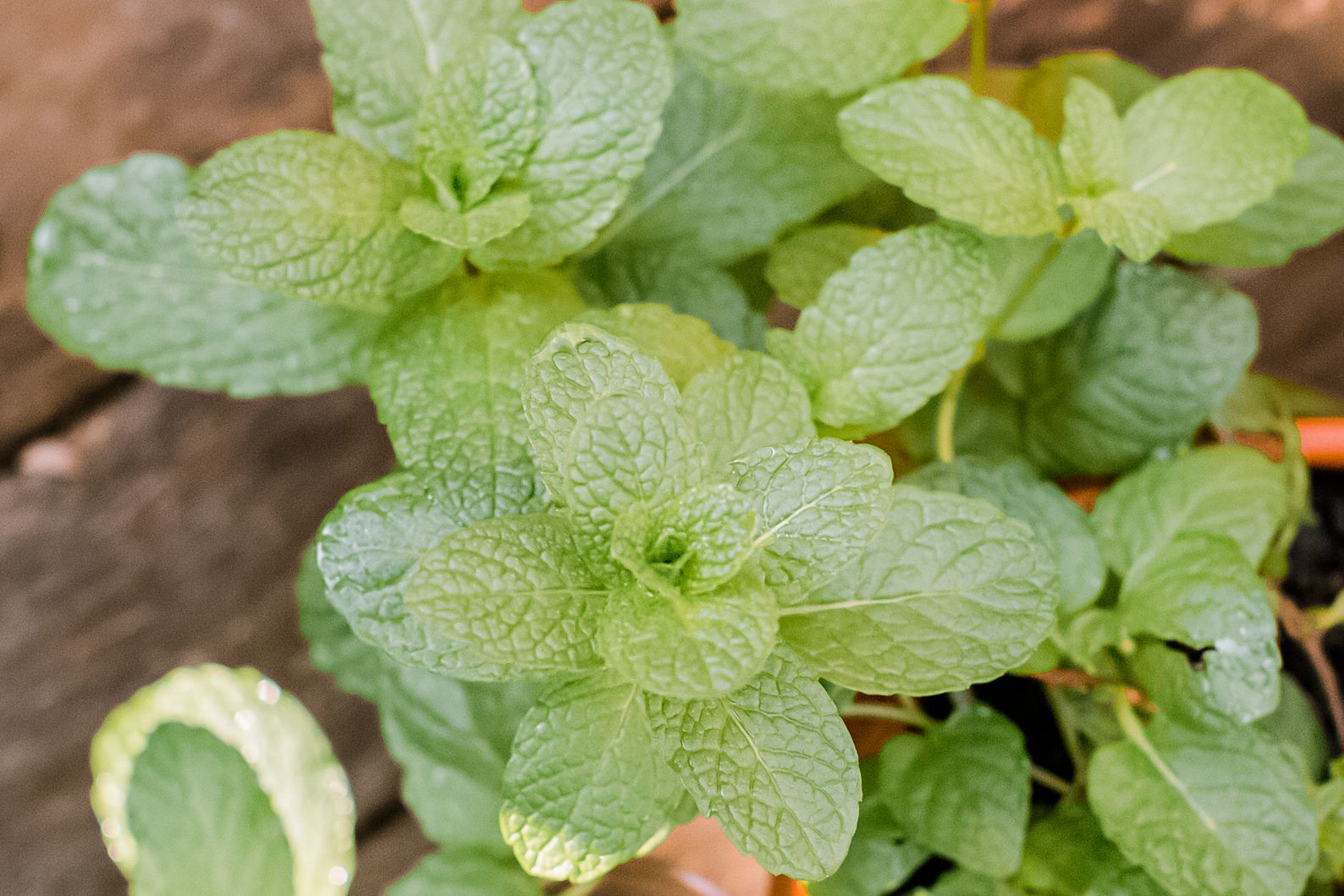
Gardening for spring is a great time to plant new flowers and vegetables if you are an avid gardener. Although it is still cold, warmer temperatures are waking up plants from winter dormancy. It is early so it is important to start gardening in the spring and summer. Here are some tips to help you get started. These tips can help you jumpstart your spring gardening season.
Make sure your compost pile is moist. It's important to keep your compost pile moist during winter. They can become soggy, so make sure to check them in the spring. You should add water to your compost pile if it is still damp. After the snow has melted, it's time to tumbling and mixing the compost. In a few more weeks, your yard's soil will be ready for planting.

Soak your soil. The first soaking is crucial to getting new plants settled and preparing the soil for planting. The soil must be kept moist throughout the year to avoid dryness or soil film. Wear gloves to avoid bruising your skin. This will help you take care of prickly plants. You can make your plants healthier by soaking the soil in spring.
A healthy and fertile garden is the basis of a vibrant garden. In addition to applying fertilizer to your plants, you should also consider mulching around them with pine-needle mulch and fish emulsion. And as spring progresses, you should re-fertilize your perennials. For your vegetables and annuals, a balanced fertilizer with a reading of 6-6-6 or 8-8-8-8 is the best.
When the weather starts to warm up, it's time to plant your garden. Remove any branches that are dead or damaged and incorporate flowers and shrubs in your garden. Check the soil for weeds. A few weeds can spread diseases and damage delicate branches. You can also use a garden fork to get rid of them. While winter rains are beneficial for your plants, it's better to avoid them entirely if you want to enjoy a beautiful spring garden.

To encourage regular garden maintenance, pull out weeds and then cultivate them before they sprout. Planting seedlings with a long-lasting life cycle can be a great way to introduce new flowers. Peony rings, for instance, are a wonderful flower to plant in spring. It is best to prune the peony branches as soon as possible. So that they can blossom in the spring, it is important to water them well.
Before planting your plants, make sure you have enough soil. This will aid the plants in growing properly. In addition to adding new soil, it is important that you add a layer of well-seasoned compost to your garden. This will ensure that your soil is healthy and won't rot. You can then plant seeds from the seed catalog. These will be very useful in the coming season. These can be shared with your neighbors.
FAQ
Can I plant fruit trees in pots
Yes! Yes! Ensure your pot has drainage holes so excess moisture won't rot the tree. Also ensure that the pot is large enough to accommodate the root ball. This will help prevent stress on the tree.
Is there enough space in my backyard to grow a vegetable garden.
It's possible to wonder if you will have enough space for a vegetable or fruit garden if your current one is not available. The answer is yes. A vegetable garden doesn't take up much space at all. It's all about planning. For example, you could build raised beds only 6 inches high. Containers can be used in place of raised beds. Either way, you'll still get plenty of produce.
What amount of sunlight does a plant require?
It depends on the type of plant. Some plants need 12 hours of direct sun per day. Others prefer 8 hours of indirect sunlight. Most vegetables need at least 10 hours of direct sunlight per 24-hour time period.
What seeds should be started indoors?
The best seed for starting indoors is a tomato seed. Tomatoes produce year-round fruit and are easy to plant. When growing tomatoes in pots, be careful when transplanting them into the ground. Planting tomatoes too early can lead to soil drying out which could lead roots to rot. You should also be aware of diseases like bacterial Wilt that can quickly kill your plants.
How can you prepare the soil to grow vegetables in your garden?
Preparing soil for a vegetable garden is easy. You must first remove all weeds from the area you wish to plant vegetables. After that, add organic material such as composted soil, leaves, grass clips, straw or wood chips. Let the plants grow by watering well.
What is a plant calendar?
A planting calendar lists the plants that should all be planted at various times during the year. The goal of the planting calendar is to increase plant growth while minimizing stress. The last frost date should be used to sow early spring crops, such as spinach, lettuce, and beans. Spring crops later include squash, cucumbers, summer beans, and squash. The fall crops include potatoes and carrots.
When to plant herbs?
The ideal time to plant herbs is springtime, when the soil temperature is 55°F. They should be in full sun to get the best results. Plant basil indoors by placing seedlings into pots containing potting mix. Keep them out of direct sun until they sprout leaves. Once the plants begin to grow properly, you should move them into bright indirect lights. After three to four weeks, transplant them into individual containers. Keep them hydrated.
Statistics
- According to the National Gardening Association, the average family with a garden spends $70 on their crops—but they grow an estimated $600 worth of veggies! - blog.nationwide.com
- It will likely be ready if a seedling has between 3 and 4 true leaves. (gilmour.com)
- Most tomatoes and peppers will take 6-8 weeks to reach transplant size so plan according to your climate! - ufseeds.com
- As the price of fruit and vegetables is expected to rise by 8% after Brexit, the idea of growing your own is now better than ever. (countryliving.com)
External Links
How To
How can I keep weeds at bay in my vegetable yard?
Growing vegetables that are healthy is not possible due to weeds. They compete for space, water, nutrients, sun, and sunlight. These tips will help you prevent them taking over your garden.
-
When they flower, take all the plants with you
-
Be sure to remove any debris or leaves from the base.
-
Mulch is a good choice
-
Get enough water
-
Rotate crops
-
Do not allow the grass to grow.
-
Keep soil moist
-
Plant early
-
Harvest often
-
Make compost
-
Avoid using chemical pesticides
-
Plant organic vegetables
-
Heirloom Seeds Available
-
Start small
-
Learn more about companion-planting
-
Be patient
-
Enjoy gardening!